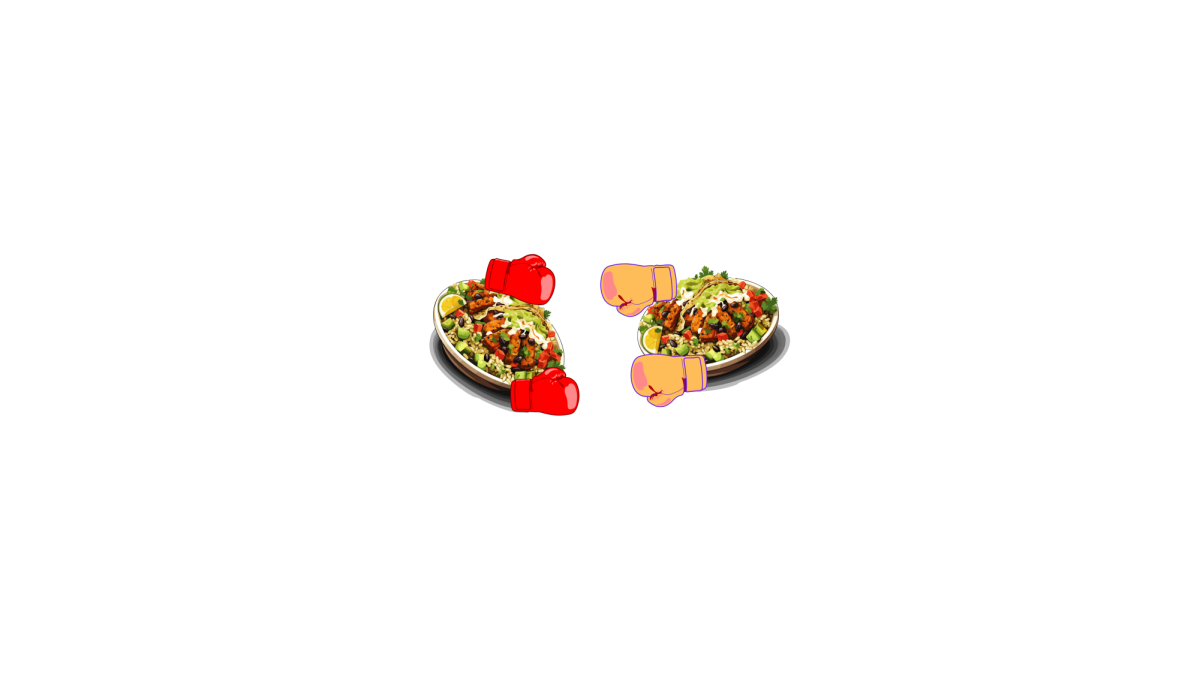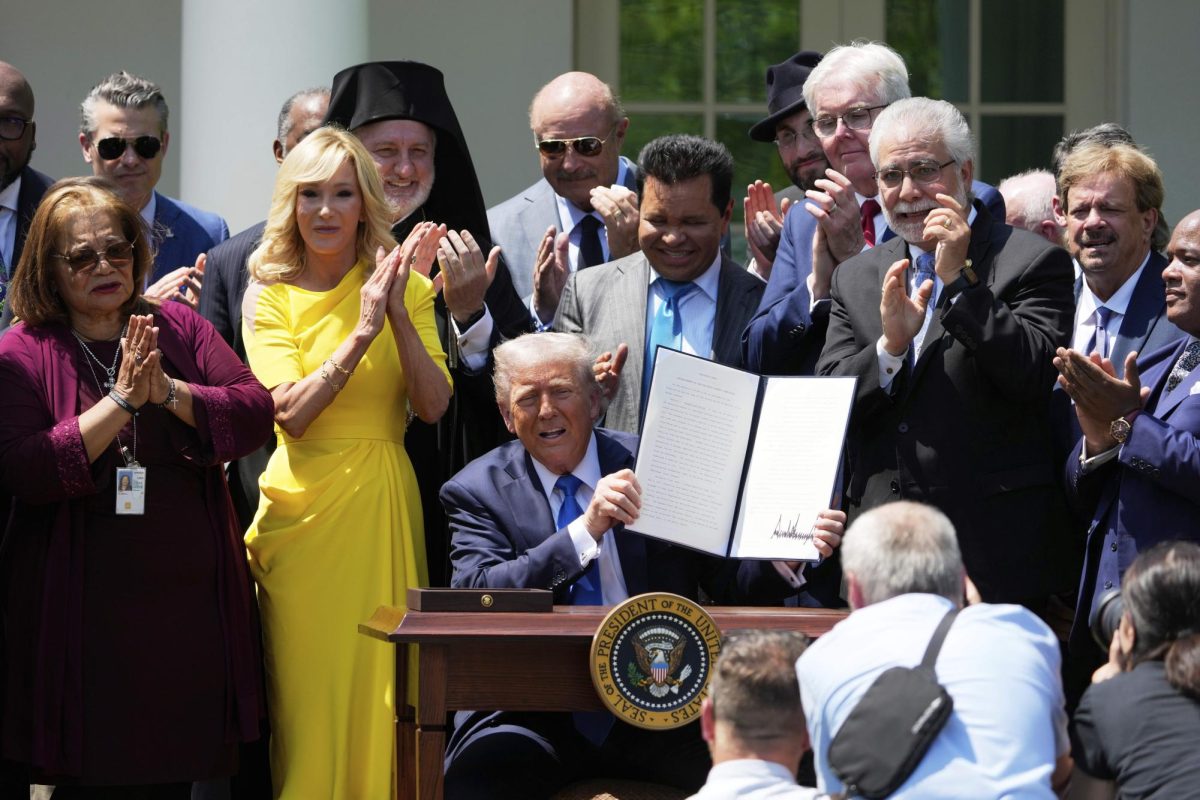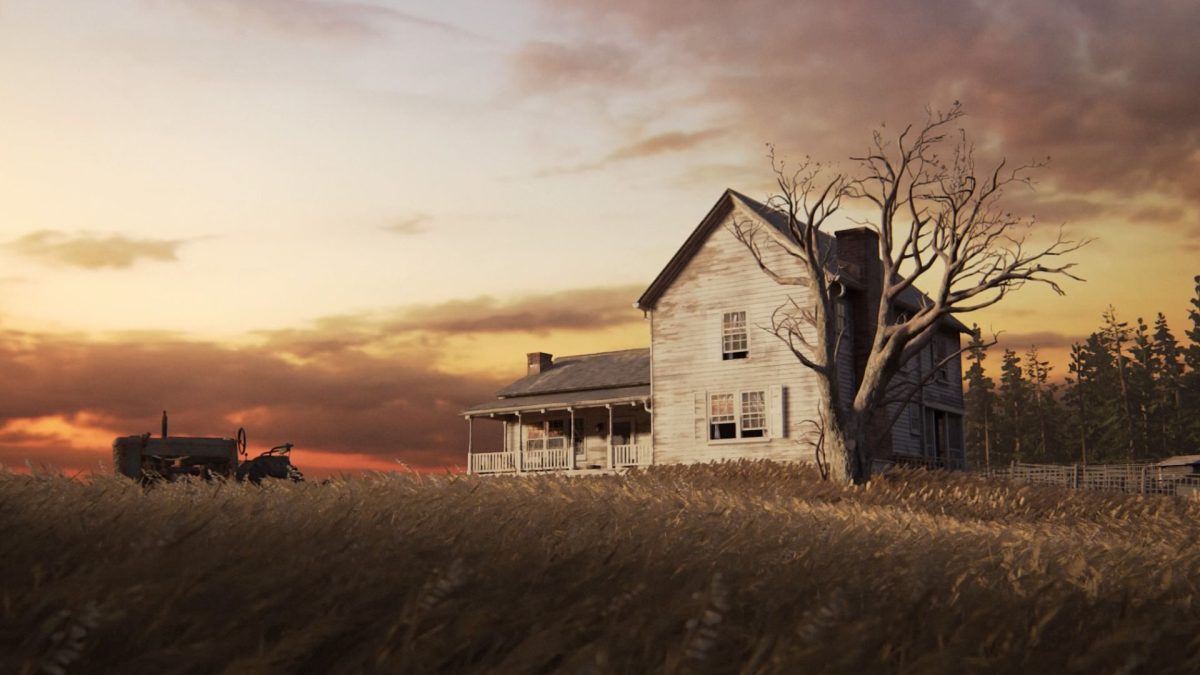Are Harambe Memes Helping or Hurting the Internet?
September 8, 2016
Harambe, the gorilla fatally shot after a child fell into his enclosure at the Cincinnati Zoo, has transformed from a social justice icon to an internet joke just three months after his death.
Soon after the shooting, many social media accounts voiced their opinions about the ethics of Harambe’s death. Serious debate ended, however, when a video of actor Danny Trejo surfaced, in which he mocked the popular twitter hashtag “Pray for Harambe” using a vulgar hashtag.
Since the Danny Trejo video, Harambe has become a meme and internet joke.
Junior Amal Tamari views the outcome of the Danny Trejo video positively.
“Everyone was so divided on blaming the mother of the child or the zoo,” Tamari said. “The humor behind all the memes about Harambe made the arguing die down.”
Although the Harambe meme may have helped subdue arguments, its insensitive nature has caused older generations to question whether the internet is creating desensitized millennials.
Local sociologist Mark Hedley said that although the internet is not completely to blame, it does play a role in how youths view the news.
“Social media displays the news as a form of entertainment rather than real-life events,” he said. “It’s easy to confuse fact for fiction that way.”
Senior Ian Klein believes that the accessibility of news on the internet could play a role in desensitization.
“[The internet] helps news spread but the sheer availability of information desensitizes people to the actual content of the information,” Klein said.
No matter how people feel about the internet’s quality or quantity of news, it’s easy to say that Harambe’s death would be long forgotten without the internet’s help.
“Before the internet, Harambe’s death would have been covered on the news once, maybe twice,” Tamari said.
“The internet is not letting this story die just yet.”











